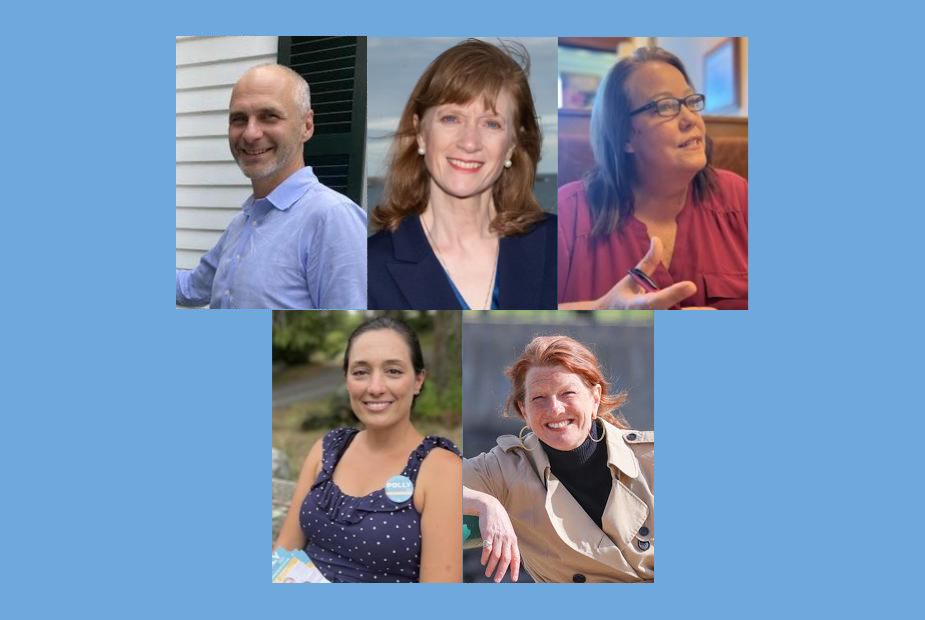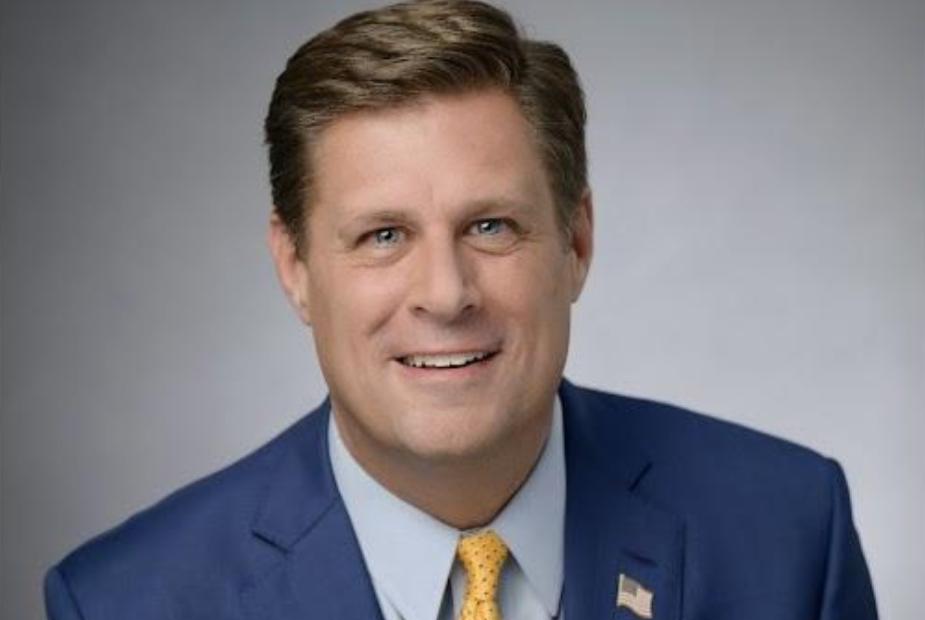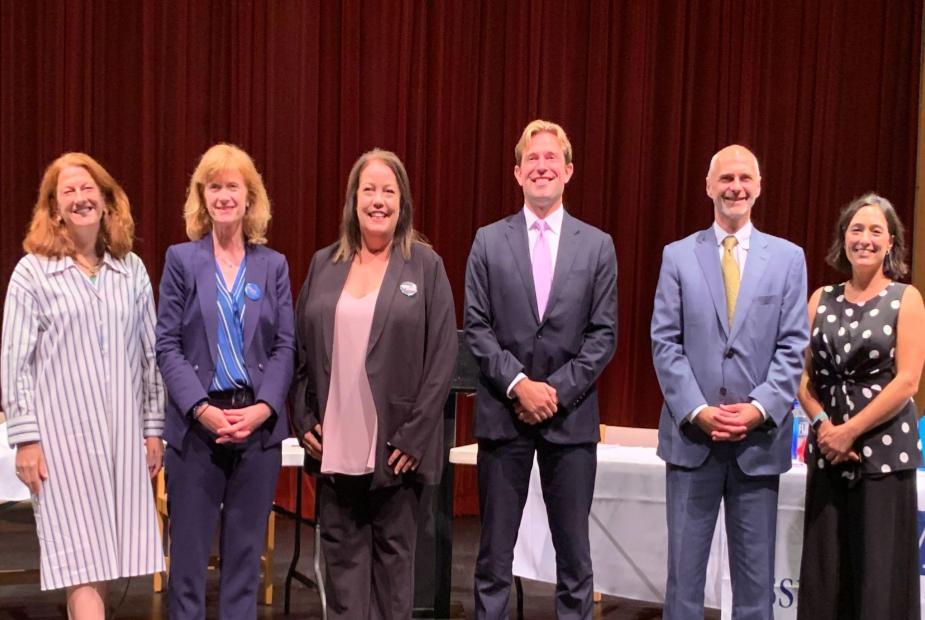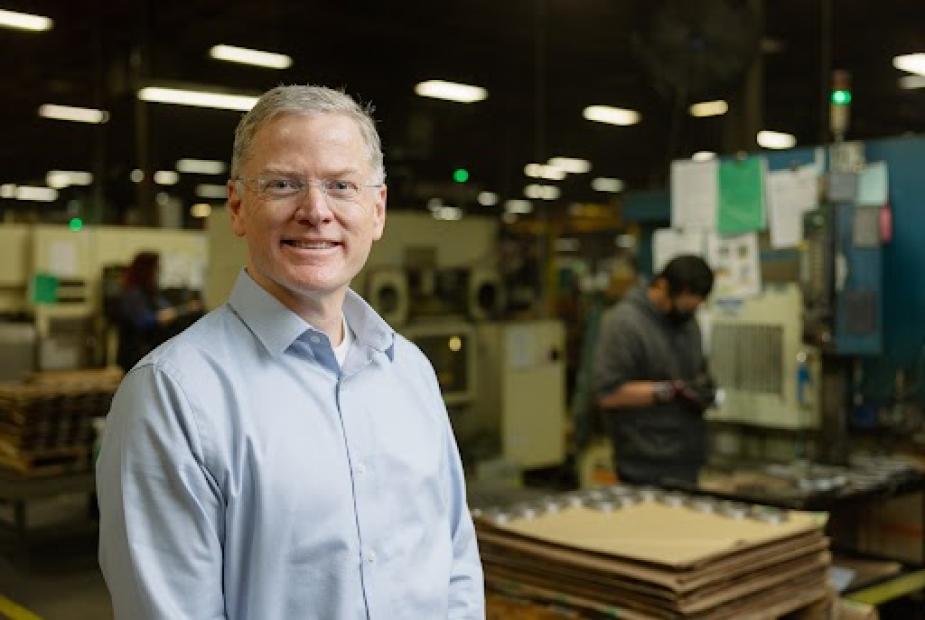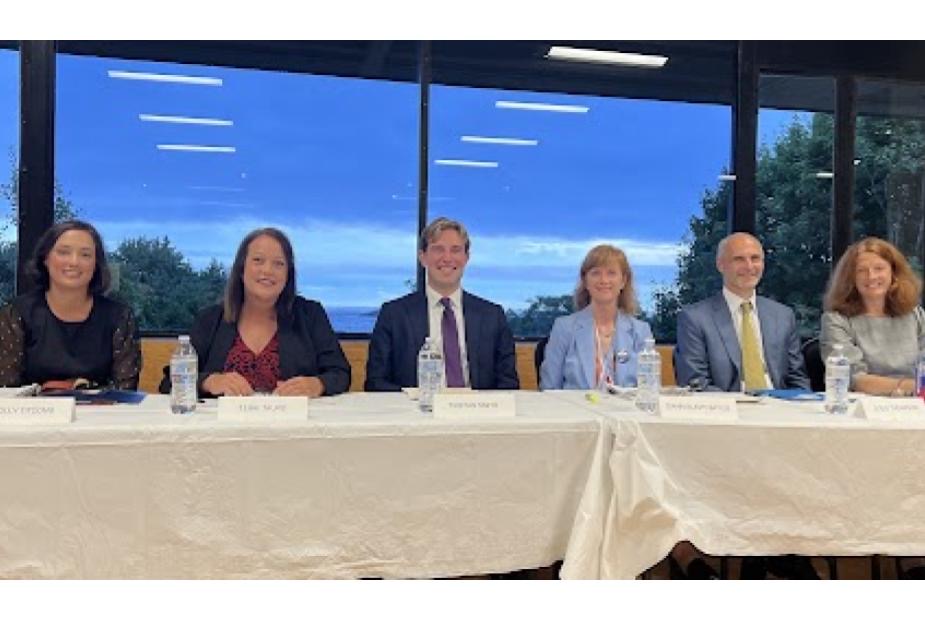Q & A With Candidates for State Rep: Day 4
On September 6, 2022, six Democrats will face off in the primary for the 8th Essex District State Representative seat. There are no Republicans or third-party candidates running. Barring a strong write-in candidate in November, the winner of the primary among the Democrats will be the new state representative for our district.
Marblehead Beacon sent each of the six candidates a questionnaire. On Monday, we began publishing their responses and published several lighter questions and answers the following day. Yesterday we returned to a substantive question, and today we offer another that we posed to the candidates along with each of their answers. We will continue this pattern over the coming days.
Editor’s Note: After several emails and two phone calls, the only response we received from Tristan Smith's campaign was from a spokesperson who said the candidate might be too busy to complete the questionnaire. He was the only one of the six candidates who did not submit answers.
A popular position among Democrats is that our society would cause less damage to the environment if electric vehicles (“EVs”) were to replace conventional vehicles. At least one in your field of six candidates has suggested that Massachusetts should go from approximately 50,000 EVs today to one million by 2030, with government rebate incentives to help achieve that goal. As things stand, the electrical grids in the 8th Essex District are not always prepared to handle even several days of a heat wave without the potential for blackouts, and without requesting that residents turn off power for periods of time. A massive increase in charging stations and grid support would be necessary to accommodate a 20-fold increase in EVs. Do you support the call to increase EVs at this pace over seven years? If so, how would you implement it and what would the cost be? Do you think there could be unintended consequences to growing the grid so rapidly?
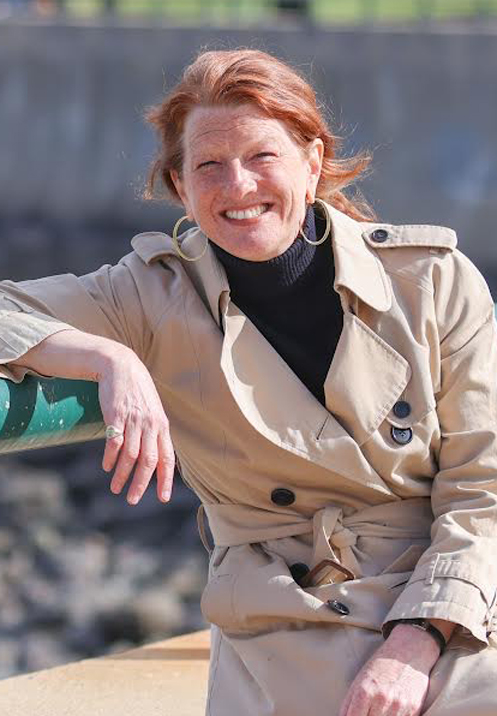
Jenny Armini
Transportation is the biggest contributor to greenhouse gas emissions in the state. Incentivizing and promoting the purchase of EVs is part of getting Massachusetts to net zero by 2050 (if not before). We are incredibly fortunate that the pace of clean energy innovation is occuring at lightning speed, which will help us continue to set and meet ambitious goals.
Management is job one. The objective is to shift charging away from peak demand hours when the grid is most stressed and when electricity is expensive and carbon intensive. Time-of-use pricing and discounts for smart chargers are two tools. Another is requiring drivers to enroll in a demand management program.
No question, utilities will have to update their distribution networks to meet demand. Studies have predicted at least a doubling in electricity supply to accommodate converting to electric cars and home heating. The new transformers that Marblehead Municipal Light has on order are supposed to be able to handle double their current load. They are scheduled to be installed in late 2023.

Diann Slavit Baylis
In this coastal district, there is no greater threat to our quality of life and local economy than climate change. I’m a surfer, and like many surfers, I have a strong desire to protect the ocean, beaches, and the environment around us. Conversion to electric vehicles is an important part of achieving meaningful reductions in greenhouse gasses in order to address the climate crisis that is already upon us. My focus would be on establishing strong state tax incentives for the purchase of electric vehicles, to match recently adopted new federal incentives. In this way we can make electric vehicles not just a sound environmental choice, but an economical choice for everyone, not just an option for the wealthy. Clearly our infrastructure will need to keep up with an increase in electric vehicle ownership, not just in our electric grid, but through the establishment of a much broader and more accessible network of charging stations throughout the state. One way to mitigate impact on the electric grid is to further incentive homeowners to convert to solar as a source of energy for their homes and for charging of EV’s, a much more sustainable approach, and one that further increases the affordability of driving an EV. There is a Standing House Committee on Global Warming and Climate Change. I would like to serve on that Committee because I believe this is some of the most important work of our times and critical to our children’s future on this planet. We need to accelerate the transition to clean energy starting with getting us off of fossil fuels and transmission to 100% clean energy in electrical generation by 2035 and in how we heat our buildings and in the transportation sector by 2045 - consistent with the goals put forward by the Mass Climate Action Network.
Tristan Smith: Did not respond to questionnaire. See editor’s note above.
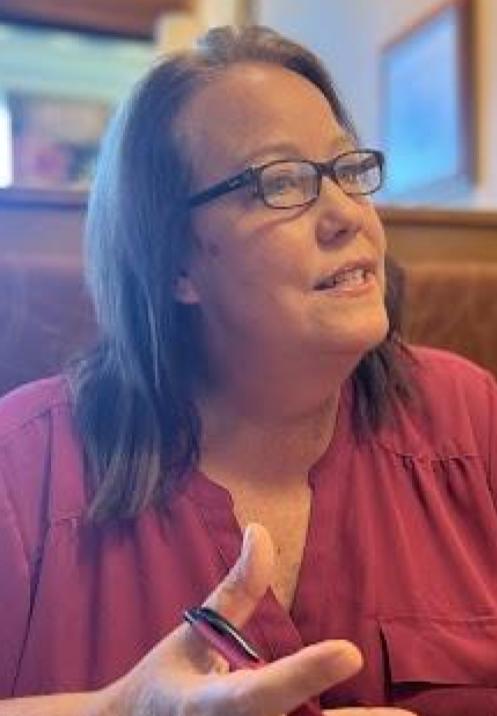
Terri Tauro
I do not believe we can move on legislation mandating EV's until we have more charging stations, updated grids and workers to repair and maintain the EV's. I spoke with local mechanics who do not have the training or the equipment for all aspects of maintaining and repairing EV's. We need to provide training and subsidize equipment for small business owners to make an upgrade of this magnitude.
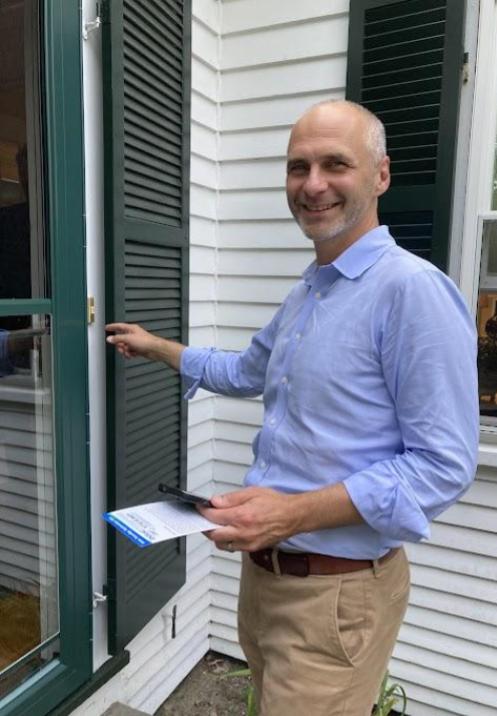
Doug Thompson
I certainly support this growth since it is my plan that calls for this target. It is a key tool to achieve our Net Zero targets. There are 2.3 million cars in Massachusetts. 40% of people already say they want an EV for their next car and that percentage will probably increase as charging stations become more available from the national bi-partisan infrastructure deal passed last year. That puts us on track for about 1 million EVs by the time people buy their next car. We also now have a law that says we will not sell gas-powered vehicles in this state after 2035, but the market demand will be there to meet these targets, especially as prices come down as automakers increase supply. We will need to subsidize the premium for the next 5-7 years to ensure the price of EVs is on par with gas-powered cars for cars under $55,000. There is a massive amount of investment coming into clean energy from the recently passed Clean Energy bills here in Massachusetts and nationally to address the cost of incentives. We have major additional clean energy sources coming online over the next 7 years including enough off-shore wind to power 25% of all Massachusetts homes and a similar amount of energy storage coming soon. It is understandable that the depth and breadth of change in this area has not been fully digested. The scale of the recently passed National and Massachusetts clean energy bills is breath-taking and will position us for a much more sustainable planet, a healthier population and many more new green jobs.
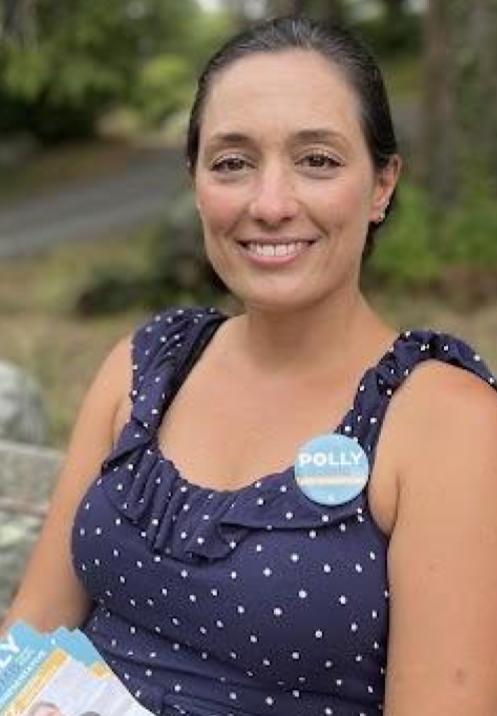
Polly Titcomb
In theory, yes, I support increasing EVs at this pace over 7 years. We have an amazing capacity to adapt to new changes when we need to, and transitioning towards green energy as fast as possible is a necessity. I do not think that concerns about temporary electricity supply shortages should be a reason not to push green initiatives. As State Representative, I will work to create protections to ensure that an appropriate amount of state revenue from investment in EVs goes to operational and capital costs for the grid.

